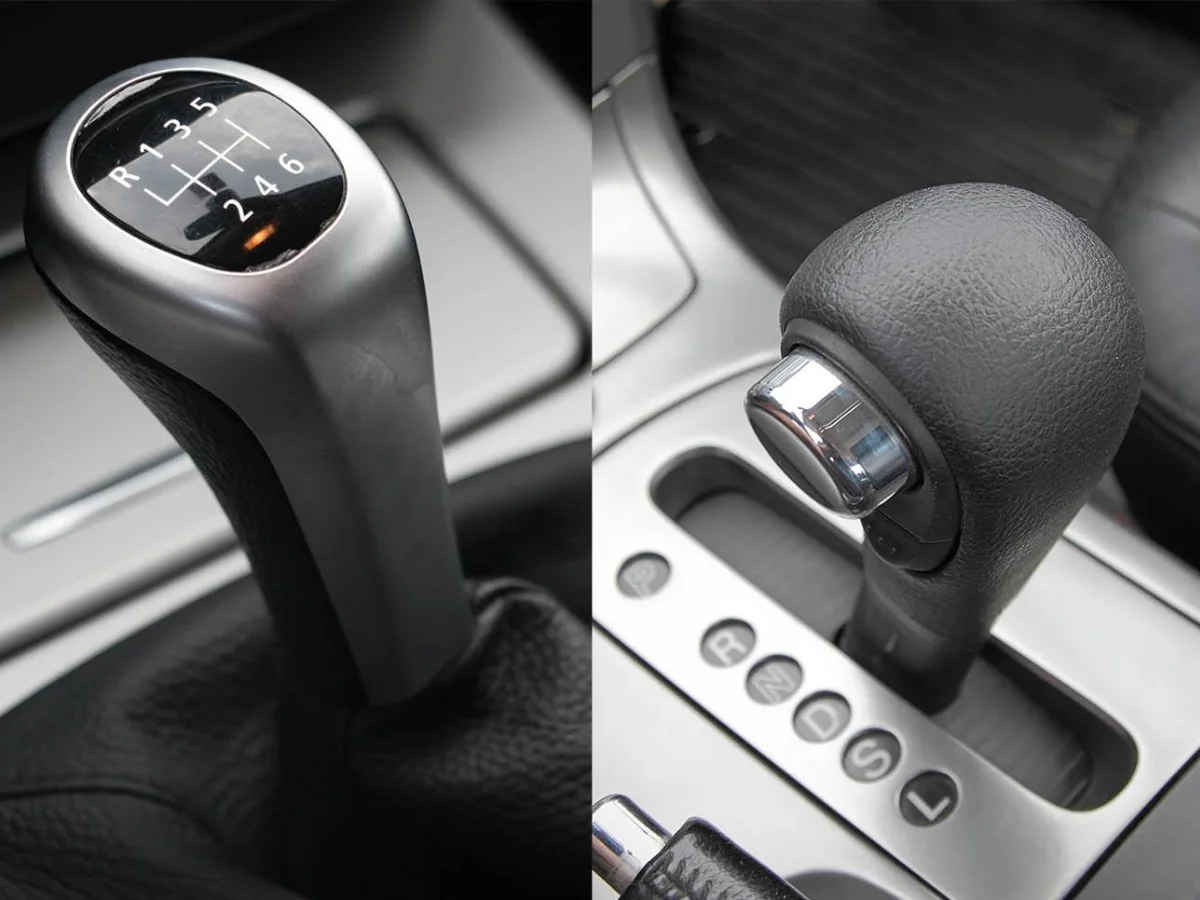The choice between a manual and an automatic transmission can significantly impact your driving experience. While many drivers prefer the control and engagement of a manual gearbox, there may come a time when you consider converting to an automatic transmission. In this article, we’ll explore the factors that influence the cost of converting a manual to an automatic transmission, giving you valuable insights into this automotive decision.
Introduction
The type of transmission in your vehicle plays a crucial role in how it performs on the road. Manual transmissions require you to manually shift gears, providing a more involved driving experience. However, some individuals find automatic transmissions more convenient, especially in heavy traffic or for ease of use.
If you’re contemplating switching from a manual to an automatic transmission, it’s essential to understand the costs associated with such a conversion. Let’s delve into the details of this automotive transition.
Factors Influencing the Cost
1. Vehicle Type and Make
The cost of converting a manual to an automatic transmission can vary depending on the make and model of your vehicle. Some vehicles are more complex to convert due to their design and compatibility with automatic transmissions.
2. Transmission Selection
The type of automatic transmission you choose can significantly impact the cost. There are different types of automatic transmissions, such as traditional torque converter automatics and more modern dual-clutch transmissions. Each has its own cost considerations.
3. Labor Costs
Labor costs for the conversion are a significant portion of the total expense. The complexity of the conversion and the hourly rates of the technicians performing the work can influence this aspect.
4. Parts and Components
Converting to an automatic transmission requires various parts and components, including the transmission itself, the torque converter, the shifter mechanism, and the transmission control module. The cost of these components can vary widely.
5. Additional Modifications
Depending on your vehicle, you may need to make additional modifications to accommodate the new transmission. This can include changes to the drivetrain, the transmission tunnel, and the transmission mounts.
The Conversion Process
1. Assessment and Planning
The process begins with a thorough assessment of your vehicle to determine its compatibility with an automatic transmission. This step is crucial in identifying any potential challenges and estimating the overall cost.
2. Transmission Selection
Selecting the appropriate automatic transmission for your vehicle is a critical decision. Compatibility and performance considerations should guide your choice.
3. Labor and Installation
Highly skilled technicians will perform the conversion, which involves removing the manual transmission, installing the automatic transmission, and connecting all components. This is a labor-intensive process that requires precision and expertise.
4. Testing and Fine-Tuning
After installation, rigorous testing and fine-tuning ensure that the new automatic transmission functions correctly and seamlessly integrates with your vehicle’s systems.
Conclusion
Converting a manual to an automatic transmission is a significant decision that involves various factors and costs. The overall expense can vary widely based on your vehicle’s make and model, the type of transmission you choose, labor costs, and additional modifications. It’s essential to conduct thorough research and seek the expertise of qualified professionals to ensure a successful conversion.
Frequently Asked Questions (FAQs)
Q1: Can I convert any vehicle from manual to automatic?
Not all vehicles are suitable for conversion due to their design and compatibility. It’s essential to consult with automotive experts to determine if your vehicle can undergo this conversion.
Q2: How long does the conversion process typically take?
The duration of the conversion process can vary but often takes several days to complete. Complex conversions may require more time.
Q3: Are there any advantages to converting to an automatic transmission?
Converting to an automatic transmission can offer advantages such as ease of use, reduced driver fatigue in heavy traffic, and smoother shifts.
Q4: Can I drive my vehicle immediately after the conversion?
Once the conversion is complete, your vehicle will undergo testing and fine-tuning to ensure it operates correctly. It’s crucial to follow the technician’s guidance before resuming regular driving.
Q5: What is the warranty on the new automatic transmission?
The warranty on the transmission may vary depending on the manufacturer and the specific model you choose. It’s essential to inquire about warranty coverage before making your selection.
Read more:https://lookupin.co.uk
